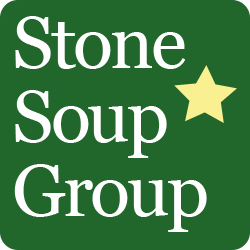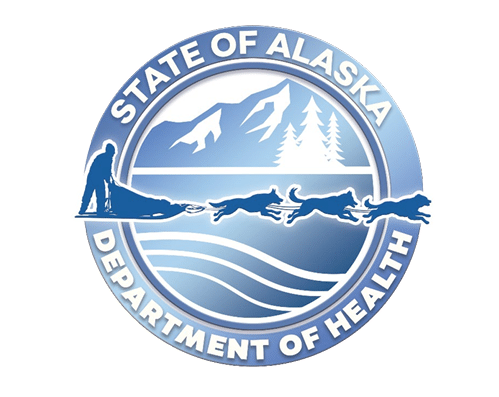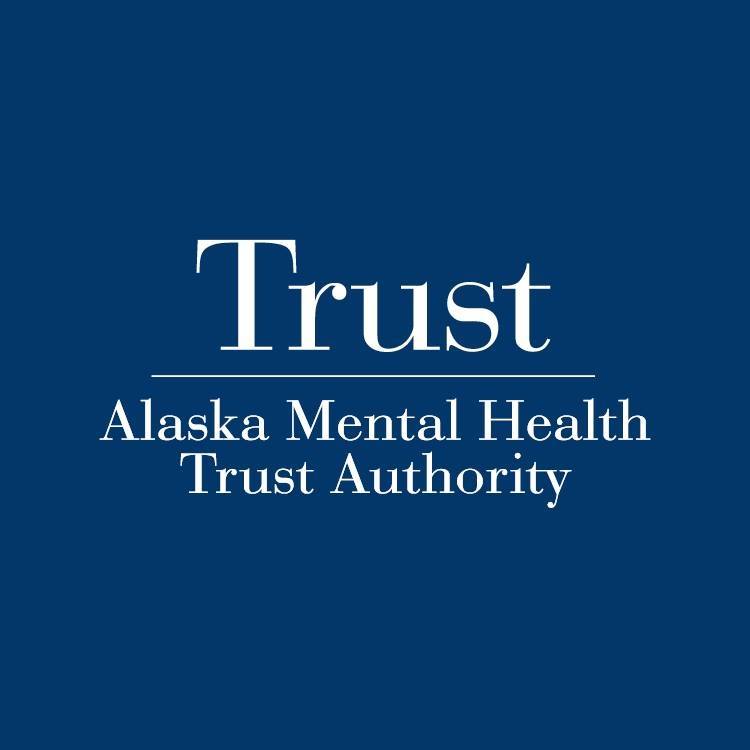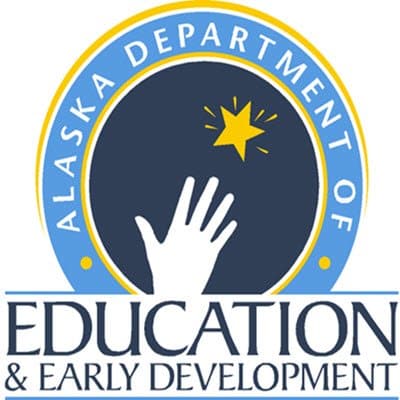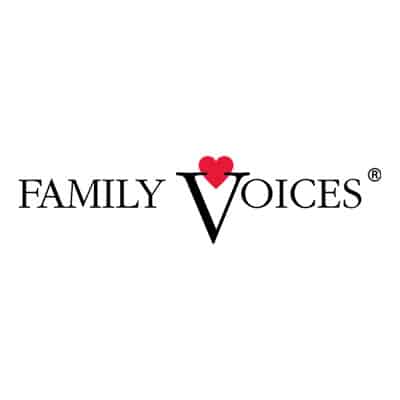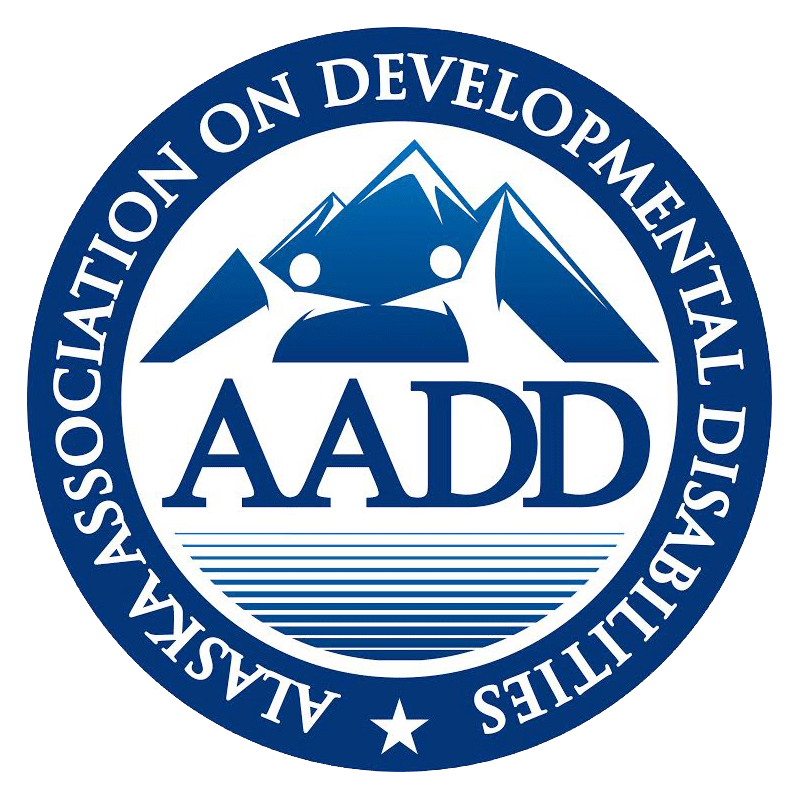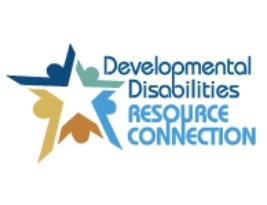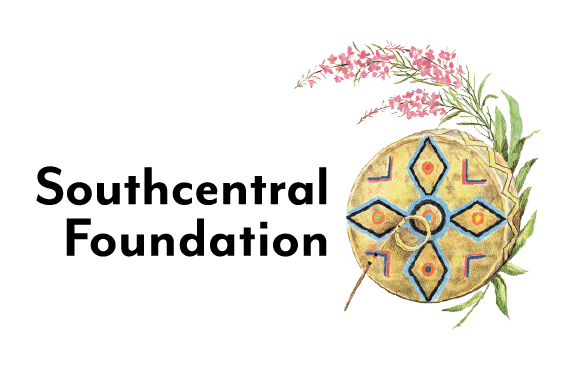Your child’s health care provider might be a Pediatrician, Family Practitioner, Public Health Nurse, or Community Health Aide. Some children with special needs benefit from programs and professionals who help with nutrition and dietary needs. However, at the center of it all is you and your family. This guide is not intended to tell you what path to take, only to show you the options so you can best support your family’s unique needs.
A medical home is not a place, it is a model of care that looks at the big picture when it comes to an individual’s healthcare needs. Healthcare has become segregated, particularly when it comes to children who have complex medical issues. There is a specialist for neurological issues, another for behavior issues and another for speech and language. One medical professional may or may not be aware of what the other is doing. A medical home attempts to bring together these fragmented pieces to offer coordinated care through a team-based approach. Healthcare providers like the Alaska Native Medical Center and The Anchorage Neighborhood Health Clinic have incorporated this model into their system of care. Studies have shown that implementing this model of care not only reduces the need for emergency medical care and improves patient outcomes; it also reduces medical costs.
The idea of using a medical home is not a new concept but it has gained momentum in recent years in an effort to improve health care for the patient and the bottom line. Just like the Paper Trail Notebooks provided by Stone Soup Group, this system of care helps centralize information. Although not every facility or primary care provider may be using this model, families can encourage their regular physician or pediatrician to help them create a version of a medical home in various ways.
How?
- Find a medical provider you feel comfortable with and know will be around for more than a few years.
- Send all your reports from specialists to that primary care provider so they are aware of progress.
- Encourage communication between specialists and other providers.
- Request referrals and recommendations based on this information.
- If your physician is leaving your community, request a “team meeting” and make sure you have everything in place for information to be shared freely.
Remember, even when a medical home is in place, parents are responsible for sharing information and for seeing to it that the primary health provider is informed on all aspects of their child’s care. For more information about medical homes and what is happening in Alaska visit: www.medicalhomeinfo.org
Public Health Nurses provide home visits and well-child check-ups which are especially helpful to families of high-risk infants. Public Health Nurses provide your family with information, resources, education, emotional support, care coordination, nutritional information, and/or health monitoring.
211 Toll free 1-800-478-2221
In-home medical care provides support for infants and children who are medically fragile or use special medical equipment to keep them healthy and at home with their families. A Home Health Aide, a Registered Nurse or other health care specialists may provide this care. Chore Service Providers and Home Health Aides are available to help with grooming, dressing and household chores.
If your child needs specialized equipment such as child-size wheelchairs and walkers or items such as easy-to-use spoons and bowls. Loan closets are also an option when insurance may not cover an item.
ATLA: Anchorage 907-563-2599
Access Alaska Loan Closet: dme@accessalaska.org
Sometimes health conditions or medications are cause for extra attention to your child’s oral health. There are pediatric dentists who have experience caring for children with special needs. Some ways to deal with young patient’s fear and stress could be through frequent visits to the dentist to build your child’s trust or perhaps by using sedation or general anesthesia for routine dental procedures.
When choosing a dentist for your child, don’t hesitate to mention your child’s needs and ask the dentist if he or she is experienced in that area. You want to choose a dentist that you are comfortable with and who can understand your child’s special needs. Contact Stone Soup Group for a list of dental providers.
Adolescent Healthcare Transition is the process of teaching adolescents the skills and knowledge to gain independence for managing healthcare needs as an adult. Healthcare Transition should occur over several years to be most effective and gives the adolescent, parent/ caregiver,
and pediatric healthcare providers, time to prepare for the eventual transfer of healthcare needs to adult provider. Create your transition plan with this guide. Adolescent and Parent Transition Planning Guide And Care Plans.
